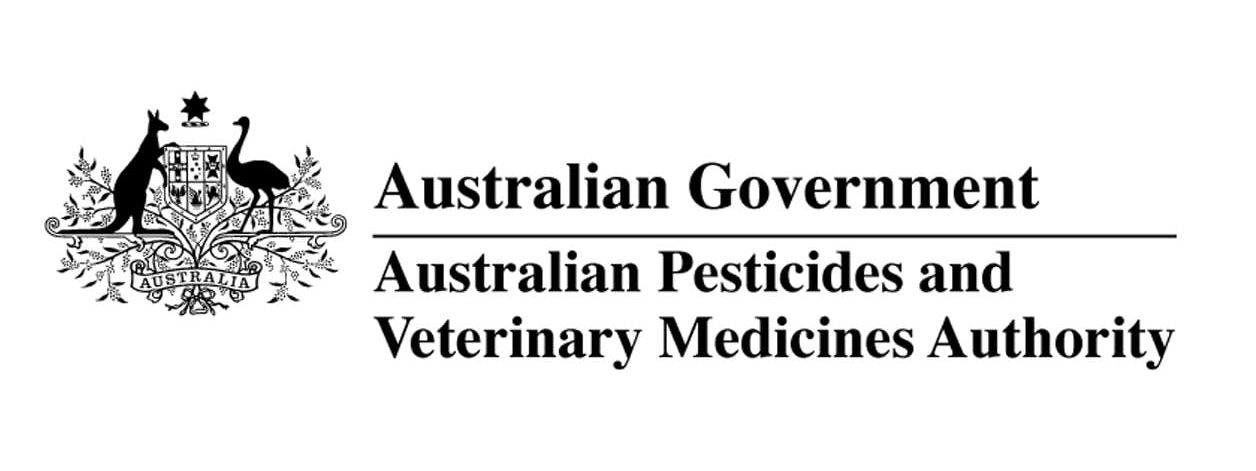
THE AUSTRALIAN Pesticides and Veterinary Medicines Authority has called out the Australian Broadcasting Corporation for making “false or misleading claims” regarding the organisation’s proposed regulatory decision on paraquat in a series of stories broadcast in recent weeks.
The stories, the first of which was posted on August 31 ahead of the After the Harvest segment in the Landline program aired on September 1, sought to make a connection between herbicide paraquat and Parkinson’s disease.
Several follow-up pieces also featured an alleged “leaked email” from the National Farmers’ Federation which the ABC says was meant to “silence” its members from speaking up on the supposed health risks of paraquat.
The articles came after APVMA on July 30 called for submissions into a review of herbicides paraquat and diquat, widely used as part of a double-knock strategy to control weeds as a follow-up to glyphosate, or as an alternative to glyphosate when herbicide resistance is of concern.
In a statement, the APVMA said the “ABC’s reporting [had] misrepresented the APVMA’s position, and the current scientific consensus”.
It said the ABC’s claim that the APVMA relied solely on evidence from the findings of “an unpublished paper funded by the maker of the chemical, Syngenta” was “not correct”.
“The APVMA considers scientific information from a variety of sources when reviewing agvet chemicals to determine their safety, efficacy and potential impact on trade, in line with our legislation,” the statement said.
“To inform the paraquat proposed regulatory decision, the APVMA considered a wide range of studies relating to paraquat, including animal and epidemiological studies, as well as the conclusions reached by the US EPA.”
Science inconclusive
The APVMA said ABC’s claims that “a growing number of independent studies linking paraquat to the incurable neurodegenerative condition” were “misleading”.
In 2016, the APVMA conducted a similar review into the use of paraquat which found no link between the chemical and Parkinson’s disease.
“Conclusions of the review conducted by APVMA, as well as the review undertaken by the US EPA, do not support the claim that there is a growing body of evidence indicating a causal link between exposure to paraquat and the development of Parkinson’s disease.”
The ABC Landline story referenced stories of farmers as children being “coated head to toe in chemicals” and spraying without gloves or a mask.
The APVMA said these practices are “historical” and “do not meet current requirements for the use of agvet chemical products”.
“In Australia, comprehensive PPE and safety-handling procedures are required for the legal use of many agvet chemical products including paraquat.
“This may include the required use of a closed-loop transfer system, personal masks, filtered cabins for tractors, or directing the nozzle to minimise spray drift.”
In another follow-up story, the ABC featured a campaign by Parkinson’s Australia calling for paraquat to be banned, citing “growing scientific evidence linking the chemical to increased risks in the development of Parkinson’s disease”.
A Change.org petition launched by Parkinson’s Australia has more than 7900 signatures.
Farming bodies respond
In response, Grain Producers Australia, NFF, Syngenta and agricultural chemical representative body CropLife Australia have condemned the ABC’s reporting as “concerning” and “misleading”.
GPA research, development and extension spokesperson Andrew Weidemann said the suggested link between paraquat and Parkinson’s disease was lacking in evidence.
“We are absolutely concerned for people living with Parkinson’s Disease, but the reality is, as confirmed by three OECD-nation regulators in the last four years, there is no established causal link between paraquat and Parkinson’s Disease, particularly under real-world conditions,” Mr Weidemann said.
“The ABC has selectively portrayed the science relied on in their focus on this topic as absolute, but the reality is the ABC is not the regulator.
“The ABC is an institution that people, including farmers, have trusted over the journey to provide good, accurate and independent journalism, but I think in this case they’ve brought this into question.”
GPA has said it will be lodging a formal complaint to the media organisation.
In a statement, Syngenta said there was insufficient evidence that paraquat caused Parkinson’s disease.
“Syngenta affirms that paraquat herbicide is safe when used as directed and the scientific evidence simply does not support a causal link between paraquat herbicide and Parkinson’s disease,” the statement said.
“The hypothesis that paraquat causes Parkinson’s is not accepted in the medical community or peer-reviewed science, nor has it been accepted at any time in the past.”
The NFF said it urged growers to continue to follow the advice of the APMVA.
“Australian farmers put their faith in the Australia’s independent and science-based regulator, the [APVMA], to determine what products they can use and how to use them safely,” the NFF said in a statement.
“The NFF’s continues to inform and guide our members and the industry more broadly on what is a complex, technical and highly sensitive issue.
“We will also continue to reinforce the importance of trust in our independent regulator and discourage commentary on misinformation and issues outside our technical expertise.”
Publication of the APVMA’s final regulatory decision on paraquat is expected in the week commencing 28 January 2025.
Source: APVMA, GPA, Syngenta, ABC, NFF, CropLife, Parkinson’s Australia

HAVE YOUR SAY